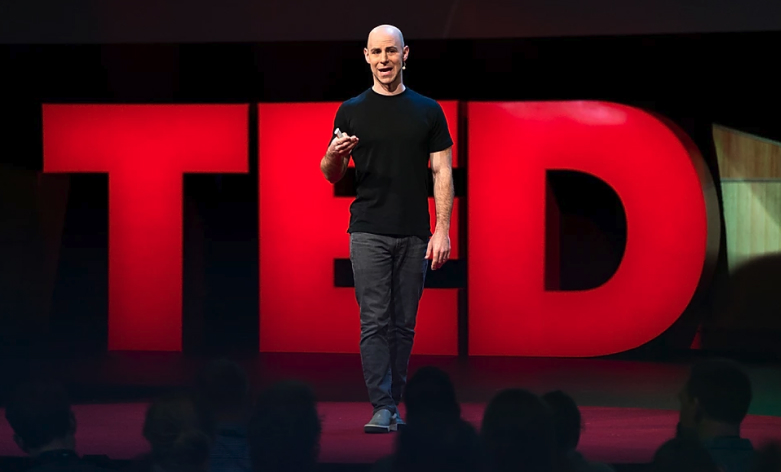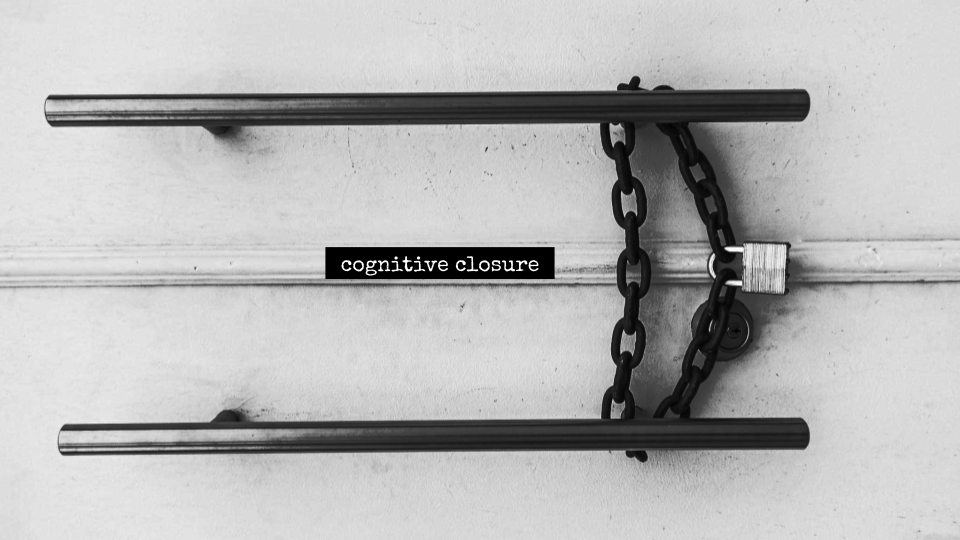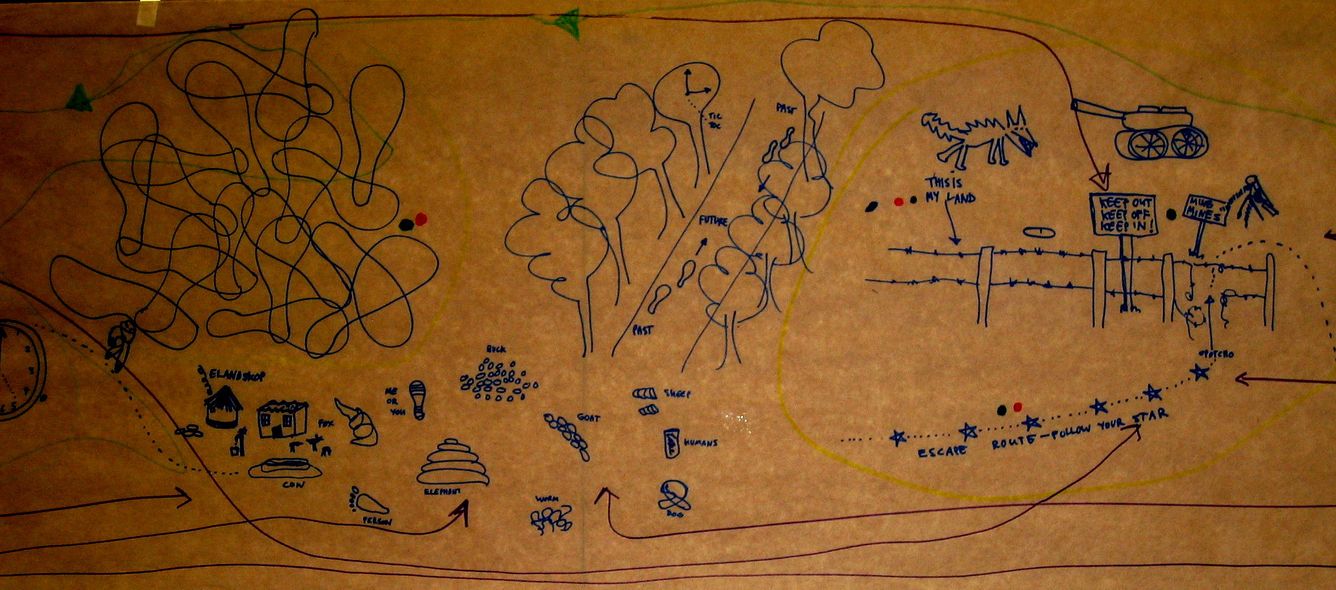
Adam Grant on The Surprising Habits of Original Thinkers
I'm a writer and a builder - and frequent procrastinator. Quick to jump in with a sketch or a couple of key ideas, and even a launch. But a lot slower to let things percolate and evolve. And quick to revise, throw stuff out, question why I ever went down a particular path. When I sit down to write or work on a creative project, my process is the equivalent of sharpening a hundred pencils and reorganizing my desk ten times before actually digging in. Sometimes I'll even clean the oven.
After many years, I've learned to trust that this procrastination is an active part of my thinking process. I recently ran across Adam Grant's terrific talk on this very subject. Highlights:
- "If you look across fields, the greatest originals are the ones who fail the most, because they're the ones who try the most."
- "The more output you churn out the more variety you get and the better your chances of churning out something original."
- "Originals are not all that different from the rest of us. They feel fear and doubt. They procrastinate. They have bad ideas. And sometimes it's not in spite of those qualities, but because of them, that they succeed."
- "Know that being quick to start but slow to finish can boost your creativity, that you can motivate yourself by doubting your ideas and embracing the fear of failing to try, that you need a lot of bad ideas in order to get a few good ones."
Adam Grant – Books, Podcast, TED Talks, Newsletter, Articles
Adam Grant is an organizational psychologist and bestselling author who studies how people find motivation and meaning, and what it takes to lead more generous and creative lives.

Reopening the mind: how cognitive closure kills creative thinking
The need for cognitive closure is the motivation to find an answer to ambiguous situations — any answer that aligns with our existing knowledge. Not only can it lead us to make mistakes based on erroneous assumptions, but it can obscure the path to innovation.





